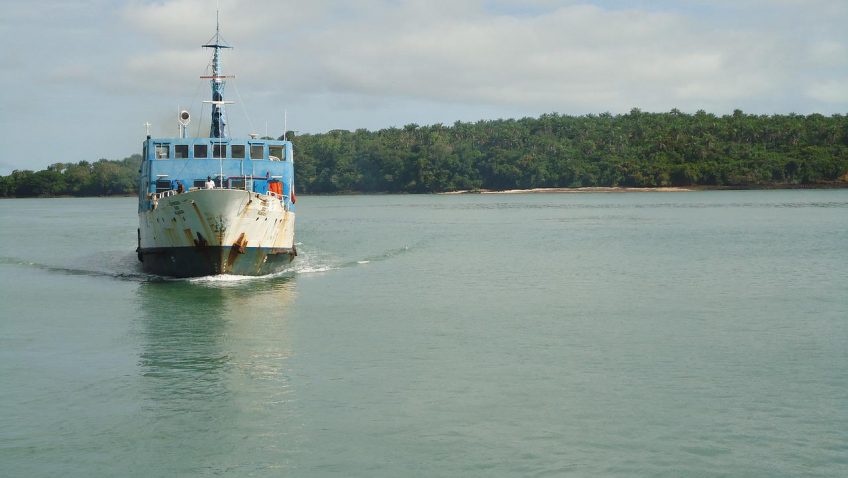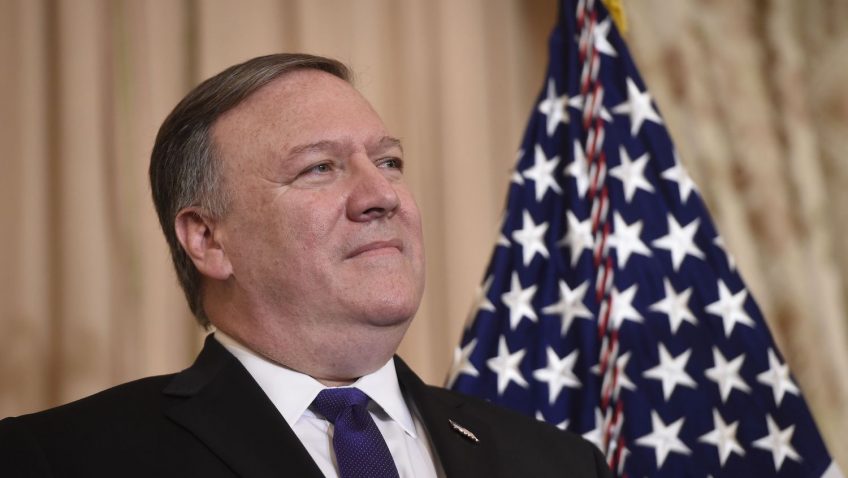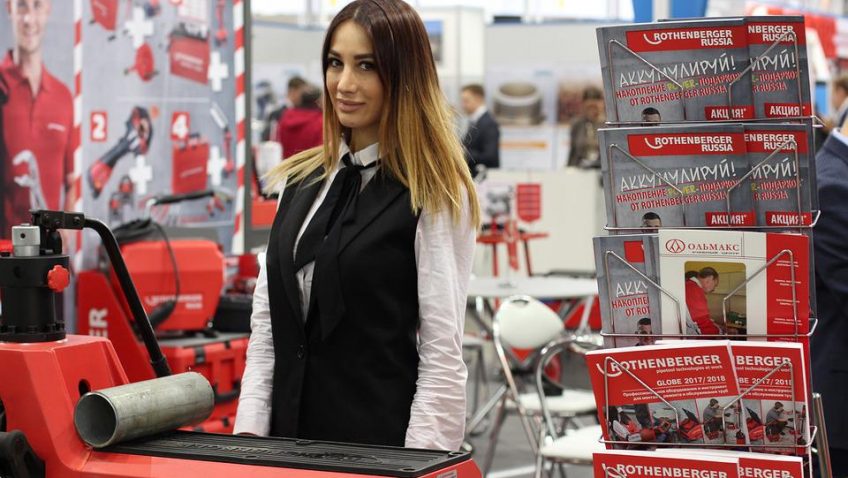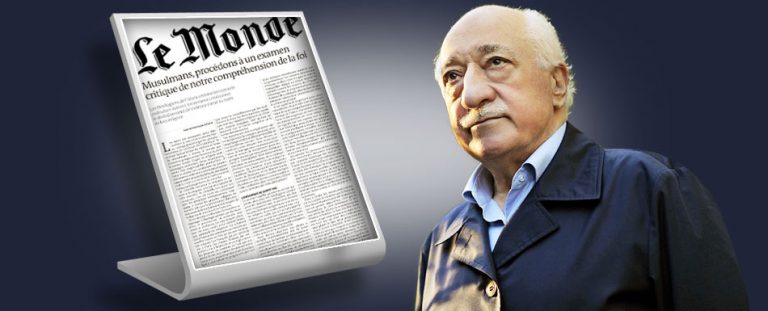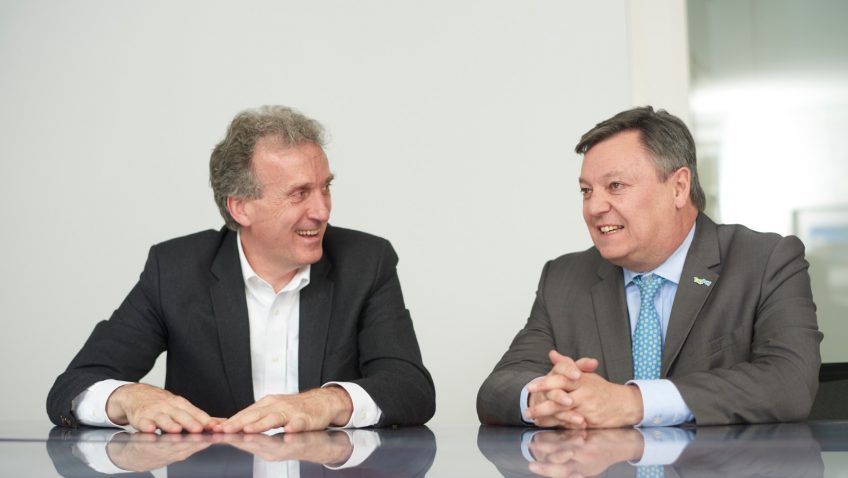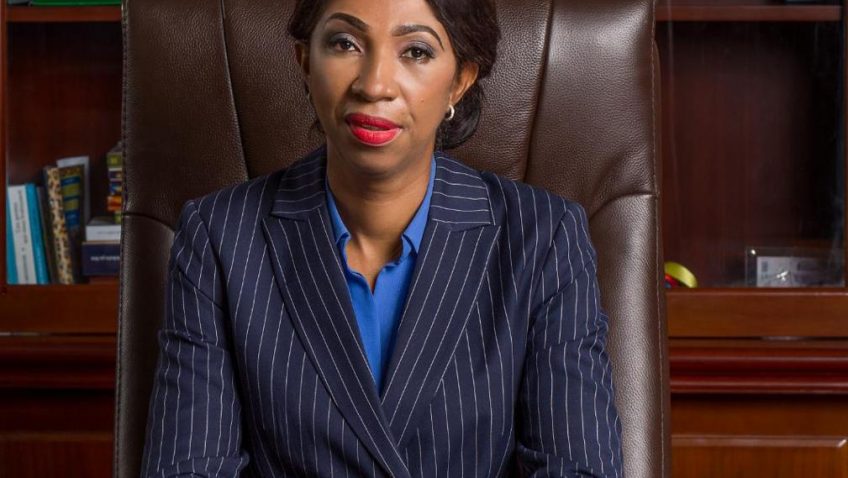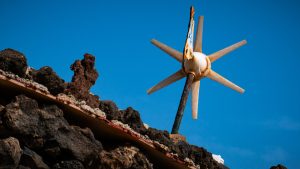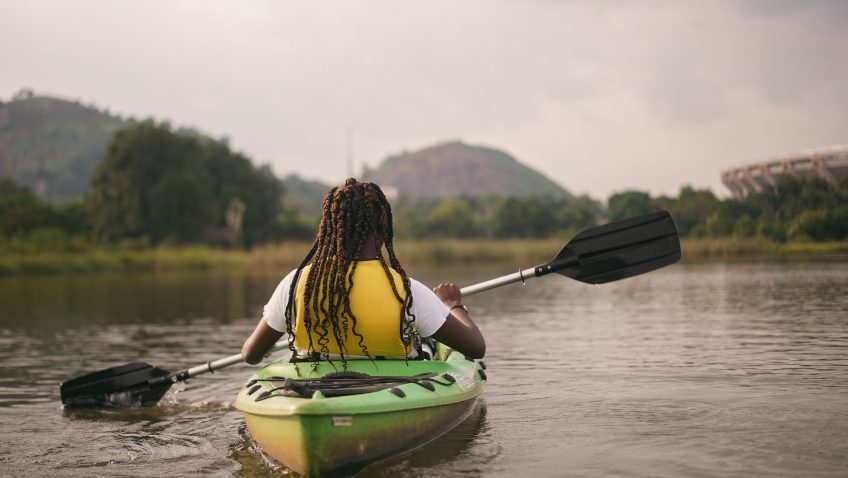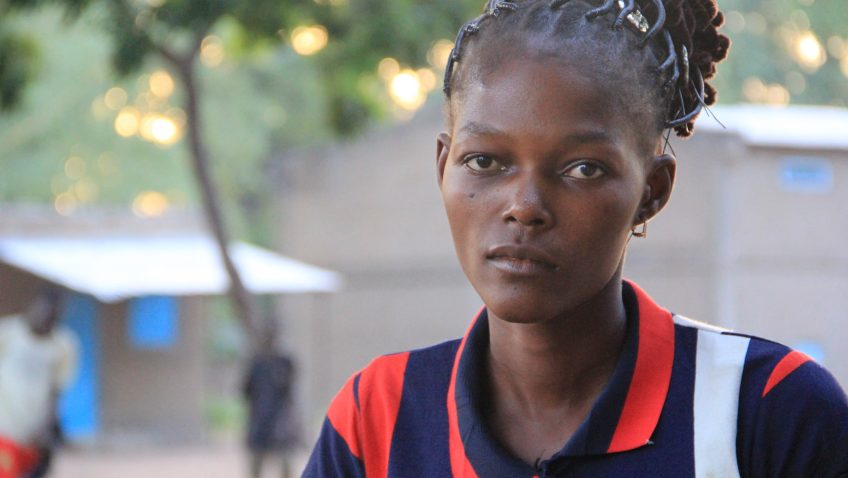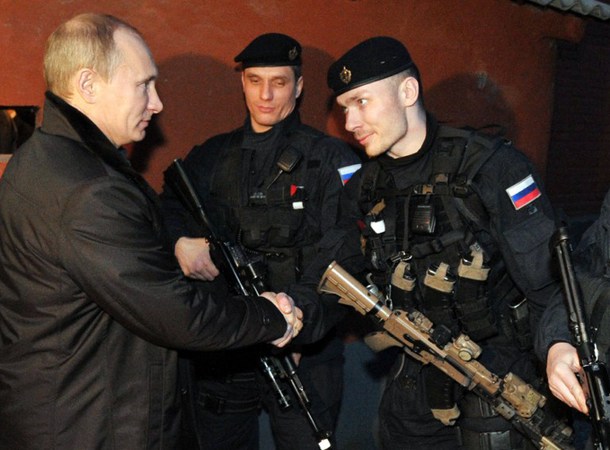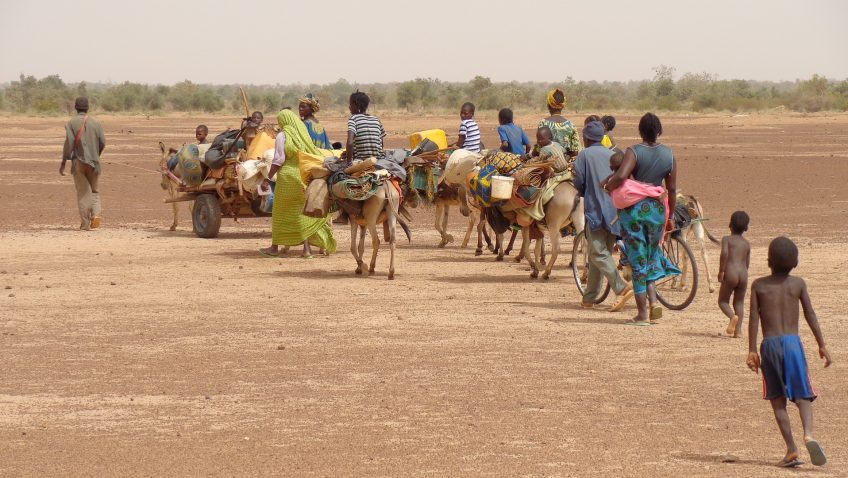In a report published by Global Financial Integrity, the revenue generated by transnational crimes is estimated to be worth between $1.6 trillion and $2.2 trillion annually. Out of this value, it is appraised that the global illegal drug trade value is worth $426 billion to $652 billion (May, 2017). The value of the global illicit drug trade represents about one-third of the total value of transnational crimes (May, 2017). Globalization and the integration of the world economy can be seen as a significant catalyst to the growth of the illegal drug trade.
The United States of America Department of State and the United Nations labelled Guinea-Bissau as “Africa’s first narco-state” (BBC News, 2020) Furthermore, the report made by Global Financial Integrity suggests that Africa’s growing role as a transit point for drug trafficking has been a significant contributor to the growth of both drug smuggling and consumption over the last decade (May, 2017).
This essay seeks to identify Guinea-Bissau’s role in the global smuggling of drugs and suggest ways of resolving the issue. Consequently, this essay will argue that Guinea-Bissau has emerged to play a crucial role in drug trafficking due to its strategic location, historical linguistic relations, weak institutions and participating elite. However, these issues may possibly be combated through the re-establishment of a stable government that will enforce the rule of law, regeneration of the economy, investing in the security apparatus of the country, targeted campaigns to inform the population on the adverse effects of drugs and delegitimization the public support for controversial narcotic organizations.
The United Nations Office on Drugs and Crimes (UNODC) has defined drug trafficking as “a global illicit trade involving the cultivation, manufacture, distribution and sale of substances, which are subject to drug prohibition laws” (Drug trafficking, 2021). Globalization has “facilitated not only the movement of people, but also the flow of goods, capital, and services” (Petcu, C., 2017, p.2). Globalization also “had the negative effect of facilitating the expansion of transnational crime such as global terrorism, people and drug trafficking, immigrant smuggling and money laundering” (Petcu, C., 2017, p.2). The rapid development and growth of drug trafficking and other transnational crimes have had the consequences of increasing instability, corruption, and high levels of violence in producing and transit countries. (Petcu, C., 2017, p.3)
Since the 1990s, West Africa has been a significant trafficking hub for drugs originating from Latin America and Asia to European Consumers (Aning, K. and Pokoo, J., 2014). However, the “first significant contact between West African criminal organizations and Latin American countries emerged between 2000 and 2003” (Rousseau, R., 2017, p19). In addition, strong anti-laundering and anti-drug measures taken by other regions of the world can be seen as factors that have increased the importance of the West African region as a hub for drug trafficking (Shehu, A., 2009, p1).
Furthermore, the geographical location and well-established networks of smugglers and criminal syndicates have increased the region’s viability as a logistical and transit hub for drugs traffickers. (Aning, K. and Pokoo, J., 2014). Ashley Neese Bybee, in her dissertation, has also highlighted that the shift in demand for illegal drugs from the United States to Europe has forced traffickers to explore new routes to transport the drugs from Latin America to Europe. She also explains that “the realities that exist in Africa, such as its porous borders, lack of legitimate opportunities for economic advancement, abundant supply of unemployed, impoverished, and willing couriers and their existing diasporas networks in Europe, all facilitate the drug trade through West Africa.” (Bybee, A.N., 2011, p. 28-30)
UNODC has estimated that between 40 to 50 tons of cocaine destined to Europe pass through Africa each year. (UNODC, N., 2008. P1) the region has moved from not only being a transit route for these illegal drugs but also a final destination. UNODC has reported a marked increase in drugs consumption in Africa by 40%. (UNODC World Drug Report 2021)
With the increasing role that the West African region plays in the drug trafficking business, Guinea-Bissau has played a very prominent role in drug trafficking and has often been dubbed “Africa’s First Narco-State” by journalists. Guinea-Bissau has become a particularly strategic hub for drug traffickers due to the many islands dotting the Atlantic Ocean off the country’s coast. (DW, 2012). Ashley Neese Bybee also elaborates that “Guinea-Bissau has 350 km of unpatrolled coastline, and the Bijagós Archipelago has 88 unpoliced islands” (Bybee, A.N., 2011, p. 31). Many of these Islands have defunct airstrips left over by its former colonial power, Portugal, thereby allowing traffickers to use these airstrips to fly in their drugs without detection.
Andreas Zeidler attributes the cultural and linguistic ties between Guinea-Bissau and other producing and destination countries as another reason why Guinea-Bissau has become an important transit hub for drug trafficking. (Zeidler, A., 2011, p. 61) The historical ties between Guinea-Bissau with Portugal and other drugs producing counties have made Guinea-Bissau a viable hub for drug smuggling.
The weak institutions of the country have also contributed to Guinea-Bissau becoming a “Narco-State”. Bybee illustrates this by giving an example of the police in the country who “are numerous yet under-resourced. The gendarmerie (military force with the responsibility to enforce the law with civilians) and police combined to give a ratio of 284 law enforcement officers per 100,000 citizens – one of the highest in West Africa and only slightly below the European average” (Bybee, A.N., 2011, p. 33). A large number of public officers, takes away a large portion of the budget leaving little for other aspects of operations. This can be seen with Judicial Police who “for example, have 60 agents, one vehicle and often no fuel. As a result, when culprits are apprehended, they are driven in a taxi to the police station – In the military, one rusty ship patrols the 350-kilometre coastline and 88 islands”; (Bybee, A.N., 2011, p. 31). This clearly illustrates how it has become almost impossible to enforce laws and provides an opportunity for drug smugglers to carry out their actions without any hindrance.
It is not only the police force that lacks the resources to carry out its operations. Insufficient resources and the lack of qualified personal have left the judiciary inefficient, ineffective and incapable of carrying out fair prosecution and sentencing of suspected criminals. (Zeidler, A., 2011, p. 65)
Bybee also views the activities of drug smugglers in fragile states such as Guinea-Bissau as one of the drivers of instability in the region. The instability of the area has, in turn, has become a hindrance to the strategic interest of the United States in Africa. (Bybee, A.N., 2011, p. 37). Thus, the concern of the United States in achieving their strategic interest in Africa, particularly in the areas of terrorism, explains the role of the United States in finding a solution to the problem of drug trafficking in the region.
Another impact of the drug trafficking business in Guinea-Bissau is the erosion of the rule of law in the country. Bybee argues that drug traffickers rely on the presence of corruption to carry out their activities (Bybee, A.N., 2011, p. 37). While the lack of the rule of law and good governance is why drug traffickers have picked countries like Guinea-Bissau to carry out their business, drug trafficking operation further impedes any development to improve the situation in the country. Often drug trafficking worsens the situation. The involvement of the political and security elite of Guinea-Bissau in the drug trafficking business has been widely reported. The ruling class have often leveraged the unstable political climate to increase their wealth by supporting the illicit drug trade, which (as previously stated) is highly lucrative.
Mette Kaalby Vestergaard reports that “It is common that the bigger seizures of drugs involve arresting government officials, who are later convicted for having played central roles in the organizing of the smuggling activities” (Kaal Vestergaard, 2021). Furthermore, the lack of adequate infrastructure Is further demonstrated in the fact that a country facing a big problem of drug trafficking only has two poorly equipped prisons in the whole country. Due to political instability, their upgrading has been put on hold. (BBC NEWS, 2021). It has also been reported that within the two prisons in the country, the guards have not been adequately equipped with sufficient tools to fully govern the prison and control the activities of their occupants (BBC NEWS, 2021). This has potentially disastrous consequences as convicted prisoners may continue to exercise considerable influence on society despite their incarceration.
The lack of resources for the security officials and Judiciary to carry out their tasks in eradicating the problem of drug trafficking, coupled with the absence of the rule of law and involvement of the political and security in the drug smuggling business, has made it difficult to combat the issue of drug trafficking in the country. Colonel Stephen K. Van Riper also sees the high profitability of drug smuggling and the low cost of conducting the business. The “it is not my problem” as other barriers which have made it challenging to tackle the issue of drug smuggling in Guinea-Bissau. (Van Riper, SK, 2014. P. 16-17)
However, great strides have been made to convict drug smugglers in the country. In September of 2019, the most significant drug bust in the country was carried out. An estimated 1.9 tons of cocaine were seized; the seizure also led to the arrest and conviction of 12 men of Bissau-Guinean, Colombian, Mexican and Portuguese nationalities. While the drug bust is seen as a significant achievement in the country’s fight against drug trafficking, there is concern that drug trafficking may increase with the controversial Umaro Cissoko Embaló becoming the country’s president. (BBC NEWS, 2021).
Van Riper insists that any significant effort that involves challenging the issue of drug smuggling in Guinea-Bissau must include the re-establishment of a stable government that will revive a robust culture of obedience to the rule of law in the state (Van Riper, 2014). This reformed government must also ensure to distance the military from all political affairs and introduce adequate checks and balances to assist the fight against corruption. While establishing a stable government is a significant step in eradicating the problem of drug smuggling in Guinea-Bissau, it is not sufficient. The new government must also revitalize the economy to provide the population with alternative ways to earn a living other than trafficking drugs. The government must collaborate with International Organizations such as the United Nations and regional organizations such as the Economic Community of West Africa (ECOWAS) in finding solutions to enhance the economy.
The newly re-established government must also find solutions to the chronic problem of the lack of security infrastructure. This can be done through investing in equipments for the security officials especially the border controls and custom officers. Training judicial officials and investing in new prisons and rehabilitation centres will also improve the situation of the Guinea-Bissau. While all these investments maybe capital intensive, the government may consider using confiscated drug money to rehabilitate the security infrastructure of the country. Considering that drug trafficking is a global problem that is affecting the whole world, Guinea-Bissau should also consider collaborating with other countries in tackling the problem and to learn from best practices of countries who have tackled the problem of drug smuggling.
Introduction of stricter punishment and penalty for people who have been involved in the business would deter individuals from participating in drug trafficking. To combat the drug trafficking problem, adequate sensitization campaigns will need to be launched and promoted to the broader public. Analysis of historical drug trafficking case studies has provided empirical evidence that the host transit countries will always suffer the adverse effects of drug trafficking (Van Riper, 2014). This signifies that the transit countries will eventually experience issues such as a drastic increase in the local consumption of drugs and general societal effects on population stability and security. A vital example of this is Brazil, which as a major drug transit country, has become the second-largest consumer of cocaine in the world and payment for products is often done via drugs (Van Riper, 2014).
The sensitization campaigns will need to present evidence to convince people of the adverse effects of drugs in society. People will need to be sufficiently informed and educated on the impact of Guinea-Bissau being a transit country and future issues that could potentially arise from it. Concise, targeted efforts will need to be made to conceptualize drugs as taboo and ensure it viewed as a non-tradable commodity amongst people. Guinea-Bissau could leverage international bodies such as the ECOWAS – which is prevalent within West Africa – for support in terms of human capital and resources to ensure that drug trade is reduced within the region, to begin with.
Nonetheless, as previously noted, drugs are indisputably a local problem, which needs to be resolved. This is especially true as it has been estimated that approximately 8% of global cocaine users are West African, with Guinea-Bissau’s user growing exponentially (Brown, 2013, p37). Moreover, the sub-optimal state of public health infrastructure in Guinea-Bissau and other countries in the region signifies a growing need to resolve these issues as they are likely to have catastrophic effects on broader society.
Over ten years ago, Guinea-Bissau, a small state in the Western region of Africa, became the first narco-state in the continent. Multiple factors such as its geographical location, the lack of a stable government, lack of rule of law, and the military’s interference in the country’s politics have contributed to the increasingly prominent role the country is playing in drug trafficking. The new role of Guinea-Bissau as a hub for drug smuggling has worsened the situation of an already fragile state with the erosion of the rule of law and increasing the rate of corruption in the country.
While giant strides have been made in the fight against corruption, significantly more needs to be done. A reformed government that will enforce the rule of law in the country and revitalize the economy is required to win the battle against drug trafficking. Other strategies such as upgrading the security infrastructure of the country, collaborating with the international community to tackle the problem of drug smuggling, introducing stricter punishment for individuals caught in the business, as well as sensitization of the general population about the ills of drug trafficking will also prove fruitful in fighting drug trafficking out of the country.
Bibliography
BBC News. 2021. Cocaine and Guinea-Bissau: How Africa’s ‘narco-state’ is trying to kick its habit. [online] Available at: <https://www.bbc.com/news/world-africa-52569130> [Accessed 9 November 2021].
May, C., 2017. Transnational Crime and the Developing World. [online] Global Financial Integrity, p.xi. Available at: <https://secureservercdn.net/50.62.198.97/34n.8bd.myftpupload.com/wp-content/uploads/2017/03/Transnational_Crime-final.pdf> [Accessed 9 November 2021].
Petcu, C., 2017. Globalization and Drug Trafficking. The New School University.
United Nations: Office on Drugs and Crime. 2021. Drug trafficking. [online] Available at: <https://www.unodc.org/unodc/en/drug-trafficking/> [Accessed 10 November 2021].
Aning, K. and Pokoo, J., 2014. Understanding the nature and threats of drug trafficking to national and regional security in West Africa. Stability: International Journal of Security and Development, 3(1).
Shehu, A., 2009, July. Drug Trafficking and its impact on West Africa. In Meeting of the Joint Committee on Political Affairs, Peace and Security/NEPAD and Africa Peer Review Mechanism of the ECOWAS Parliament, Katsina, Nigeria, on July (Vol. 28).
Rousseau, R., 2017. West Africa–the Region’s Pivotal Role in International Drug Trafficking.
UNODC, N., 2008. Drug trafficking as a security threat in West Africa. Vienna: UNODC.
Bybee, A.N., 2011. Narco state or failed state? narcotics and politics in Guinea-Bissau. George Mason University.
DW.COM. 2021. West Africa is hub for international drug trafficking | DW | 01.03.2012. [online] Available at: <https://www.dw.com/en/west-africa-is-hub-for-international-drug-trafficking/a-15776001> [Accessed 11 November 2021].
Kaal Vestergaard, M., 2021. Europe’s back door left wide open: The role of Guinea-Bissau in drug trafficking – Human Security Centre. [online] Human Security Centre. Available at: <http://www.hscentre.org/africa/europes-back-door-left-wide-open-the-role-of-guinea-bissau-in-drug-trafficking/> [Accessed 13 November 2021].
Zeidler, A., 2011. The state as a facilitator in the illicit global political economy: Guinea-Bissau and the global cocaine trade (Doctoral dissertation, Stellenbosch: University of Stellenbosch).
Van Riper, S.K., 2014. Tackling Africa’s First Narco-State: Guinea-Bissau in West Africa. Peacekeeping and Stability Operations Institute, US Army War College.
Brown,. 2014. The Challenge of Drug Trafficking to Democratic Governance and Human Security in West Africa.
By Bello Jibir Kabir

